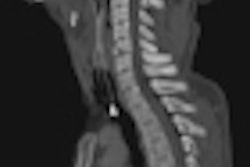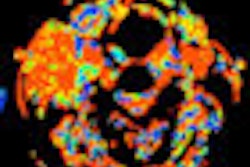Professors from the Dartmouth Institute for Health Policy and Clinical Practice have criticized Susan G. Komen for the Cure's advertising campaign promoting mammography exams, claiming that the ads are inaccurate and generate false hope about mammography's benefits, in a commentary published online today in BMJ.
Dr. Steven Woloshin and Dr. Lisa Schwartz criticized Komen's 2011 advertising campaign as misrepresenting survival statistics regarding breast cancer when it is identified at an early stage.
The following statement from the ad is inaccurate, according to the two professors: "The five-year survival rate for breast cancer when caught early is 98%. When it's not? 23%." The statement misleads women about the benefits of mammography, without warning them about the risks of overdiagnosis or having an unnecessary biopsy, they wrote.
"Mammography certainly sounds better when stated in terms of improving five-year survival -- from 23% to 98%, a difference of 75 percentage points -- rather than in terms of its actual benefit -- a reduction in the chance that a woman in her 50s will die from breast cancer over the next 10 years from 0.53% to 0.46%, a difference of 0.07 percentage points," they wrote.
The Komen ads failed to explain that for every life saved by mammography, approximately two to 10 women are overdiagnosed, Woloshin and Schwartz added. Between 20% and 50% of women who are screened annually for a 10-year period will undergo a biopsy due to a false-positive finding, they wrote.
Misleading survival statistics give women false hope about the benefits of mammography screening, they concluded, and such behavior by the nonprofit breast cancer organization is "not very charitable."



















